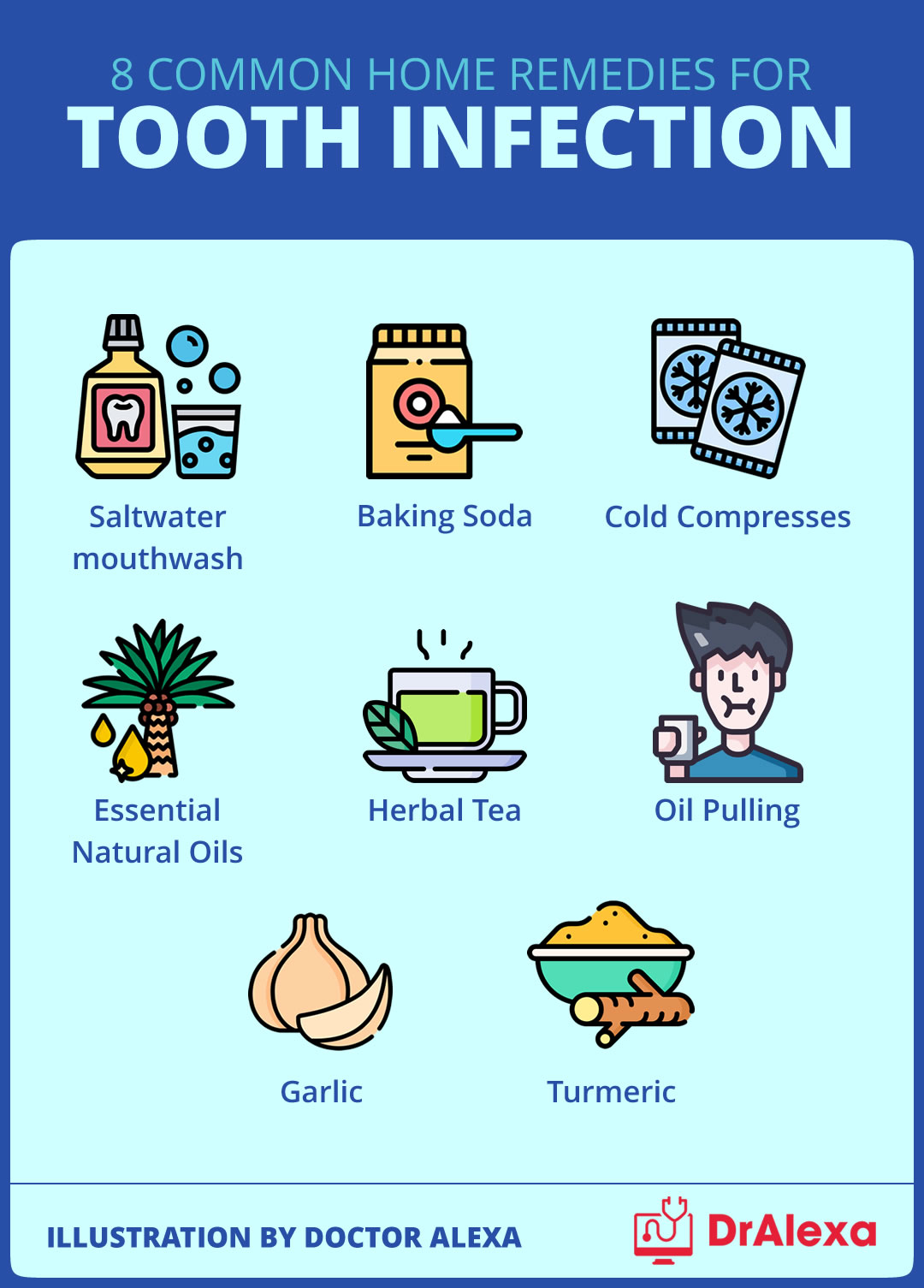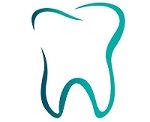Common Oral Infections and How to Treat Them at Home
Do you feel like your mouth is a battlefield?
From gum disease to canker sores, oral infections can cause discomfort and disrupt your daily life.
But fear not, because you have the power to fight back and find relief right at home.
In this guide, we will explore common oral infections and provide you with simple remedies to treat them.
Whether you’re dealing with a tooth abscess or thrush, we’ve got you covered.
Say goodbye to those pesky cold sores and oral thrush by following our easy-to-follow tips and tricks.
So, put on your warrior hat and let’s take control of your oral health together!
Key Takeaways
– Good oral hygiene practices, such as brushing teeth twice a day, flossing, and using antimicrobial mouthwash, can help prevent and treat common oral infections.
– Avoiding trigger foods, such as acidic and spicy foods, can aid in the healing process of canker sores.
– Over-the-counter treatments like oral gels and mouth rinses can provide temporary relief and aid in the healing of canker sores and tooth abscesses.
– Seeking professional dental care is important if the pain persists or the infection worsens.
Gum Disease
Are you experiencing bleeding and swelling in your gums? These symptoms may indicate gum disease, a common oral infection that affects many people. Gum disease, also known as periodontal disease, occurs when bacteria in plaque build up on your teeth and gums, causing inflammation. If left untreated, it can lead to serious complications, such as tooth loss and bone damage.
To treat gum disease at home, there are several steps you can take. First, make sure to brush your teeth twice a day using a soft-bristled toothbrush and fluoride toothpaste. Be gentle and thorough, paying extra attention to your gumline. Don’t forget to floss daily to remove plaque and debris from between your teeth. Additionally, using an antimicrobial mouthwash can help kill bacteria and reduce inflammation.
In addition to maintaining good oral hygiene, adopting a healthy lifestyle can also contribute to the prevention and treatment of gum disease. Avoid smoking or using tobacco products, as they can worsen gum problems. Eating a balanced diet, rich in fruits and vegetables, can provide essential nutrients that promote gum health. Lastly, visit your dentist regularly for professional cleanings and check-ups.
Taking these steps can help alleviate symptoms of gum disease and promote overall oral health. Remember, early detection and treatment are key to preventing further complications. So, don’t hesitate to seek professional advice if you’re experiencing gum problems.
Canker Sores
Are you suffering from the pain of canker sores?
There are several methods you can try at home to find relief.
Additionally, it’s important to know how to prevent them and what to expect in terms of healing time.
Pain Relief Methods
To relieve pain from canker sores at home, there are a few methods you can try.
Firstly, applying a topical numbing gel or rinse can provide temporary relief. These can be found at your local pharmacy and work by numbing the area.
In addition to numbing gels, there are other pain relief methods you can consider. Over-the-counter pain relievers such as ibuprofen or acetaminophen can help reduce inflammation and alleviate discomfort.
Another option is to rinse your mouth with a saltwater solution. To do this, mix half a teaspoon of salt in eight ounces of warm water and swish it around your mouth for 30 seconds before spitting it out. This can help soothe the sore and promote healing.
Prevention Techniques
To prevent canker sores, incorporate good oral hygiene practices into your daily routine. Start by brushing your teeth twice a day with a soft-bristled toothbrush and fluoride toothpaste. Don’t forget to gently brush your tongue to remove bacteria that can contribute to the development of canker sores.
Floss daily to remove plaque and food particles from between your teeth and along the gumline. Rinse your mouth with an antimicrobial mouthwash to kill bacteria and promote oral health.
Avoid eating foods that can trigger canker sores, such as acidic and spicy foods. Manage stress levels, as stress can weaken your immune system and increase the risk of developing canker sores.
Finally, if you wear braces or dentures, make sure they fit properly to prevent irritation that can lead to canker sores.
Healing Time Expectations
Expect the healing time for canker sores to vary depending on the individual and the severity of the sore. While some canker sores may heal within a week or two, others may take up to three weeks or longer to heal completely. However, there are a few factors that can help speed up the healing process:
– Maintaining good oral hygiene: Regularly brushing and flossing your teeth can prevent infection and promote faster healing.
– Avoiding trigger foods: Spicy and acidic foods can irritate the sore and prolong the healing process. It’s best to avoid them until the sore has healed.
– Using over-the-counter treatments: Over-the-counter oral gels and mouth rinses can help relieve pain and aid in the healing process.
Tooth Abscess
If you have a painful tooth abscess, you can effectively treat it at home using natural remedies. A tooth abscess occurs when there’s a bacterial infection in the root of the tooth. It can cause intense pain, swelling, and even fever.
To start treating a tooth abscess at home, you can rinse your mouth with warm saltwater. This helps to reduce inflammation and kill bacteria. You can also apply a cold compress to the affected area to numb the pain and reduce swelling.
Clove oil is another natural remedy that can provide relief. Simply soak a cotton ball in clove oil and apply it directly to the abscess. Clove oil has natural analgesic and antibacterial properties. It can help alleviate pain and fight the infection.
Additionally, practicing good oral hygiene is crucial. Make sure to brush your teeth twice a day, floss regularly, and rinse with an antiseptic mouthwash. These simple steps can help prevent further complications and promote healing.
However, if the pain persists or the abscess worsens, it’s important to seek professional dental care.
Thrush
Are you experiencing symptoms like creamy white lesions on your tongue, inner cheeks, or throat?
Thrush, also known as oral candidiasis, is a common oral infection caused by the Candida fungus.
It can occur due to factors like a weakened immune system, poor oral hygiene, or the use of certain medications.
Let’s explore the symptoms and causes of thrush, as well as some prevention tips and home remedies you can try.
Symptoms and Causes
To identify thrush, look out for white patches on your tongue and inner cheeks that can be easily scraped off. These patches may also appear on the roof of your mouth, gums, or tonsils. Apart from the visible signs, thrush can cause some discomfort and other symptoms, such as:
– Soreness or burning sensation in the mouth
– Difficulty swallowing or eating
– Loss of taste
Thrush is caused by an overgrowth of Candida fungus, which is normally present in your mouth in small amounts. However, certain factors can disrupt the balance of fungus and bacteria, leading to an overgrowth. Common causes of thrush include:
– Weakened immune system
– Taking antibiotics or corticosteroids
– Poor oral hygiene
Prevention and Home Remedies
To prevent and treat thrush at home, you can employ simple remedies. One effective way to prevent thrush is to maintain good oral hygiene. Brush your teeth at least twice a day and floss daily to remove any food particles or plaque that can contribute to the growth of yeast in your mouth.
Additionally, avoid using mouthwashes or sprays that contain alcohol, as they can disrupt the natural balance of bacteria and yeast in your mouth. It’s also important to keep your dentures clean and properly fitting, as they can harbor yeast and contribute to the development of thrush.
If you do develop thrush, there are a few home remedies you can try. Rinsing your mouth with diluted apple cider vinegar or saltwater can help to kill the yeast and alleviate symptoms. You can also apply a mixture of yogurt and honey directly to the affected areas to soothe the discomfort and promote healing.
However, if your symptoms persist or worsen, it’s important to seek medical attention for proper diagnosis and treatment.
When to Seek Treatment
If symptoms persist or worsen, it’s important to promptly seek medical attention for proper diagnosis and treatment of thrush.
Thrush, also known as oral candidiasis, is a common oral infection caused by an overgrowth of the fungus Candida. While mild cases of thrush can often be treated at home, there are certain situations where professional intervention is necessary.
Here are some signs that indicate you should seek medical treatment:
– Severe pain or discomfort that persists despite home remedies
– Difficulty swallowing or speaking
– Recurrent episodes of thrush
Prompt medical attention is crucial to prevent complications and ensure effective treatment. A healthcare professional will be able to accurately diagnose the condition and provide appropriate treatment options, such as antifungal medications or oral rinses.
Don’t hesitate to reach out to a healthcare provider if you experience persistent or worsening symptoms of thrush.
Cold Sores

You can effectively treat cold sores at home with simple remedies. Cold sores, also known as fever blisters, are caused by the herpes simplex virus type 1 (HSV-1). These small, fluid-filled blisters usually appear around the lips, but can also occur on the nose, cheeks, and chin. To relieve symptoms and promote healing, there are several things you can do.
First, it’s important to keep the affected area clean. Wash the cold sore gently with mild soap and water, and avoid picking or popping the blister as this can lead to infection and prolong the healing process. Applying a cold compress can help reduce pain, swelling, and itching. You can also try over-the-counter creams or ointments containing docosanol or benzyl alcohol, which can help speed up healing.
To prevent the spread of the virus, avoid close contact with others, especially when the blister is oozing or crusted. Wash your hands frequently and avoid sharing items like utensils, towels, or lip balm. It’s also important to take care of your overall health by getting enough rest, eating a balanced diet, and managing stress, as these factors can weaken your immune system and increase the risk of cold sore outbreaks.
While these home remedies can help alleviate symptoms and promote healing, it’s important to note that cold sores often recur. If you experience frequent or severe outbreaks, it’s recommended to consult a healthcare professional for further evaluation and management.
Oral Thrush
Treating oral thrush at home involves gently cleaning the affected area and using antifungal mouthwash. Oral thrush is a fungal infection caused by an overgrowth of Candida, a type of yeast. It can occur in people of all ages, but is more common in infants, older adults, and those with weakened immune systems.
To effectively combat oral thrush, here are some additional steps you can take at home:
– Maintain good oral hygiene: Brush your teeth twice a day with a soft-bristled toothbrush. Don’t forget to clean your tongue and rinse your mouth thoroughly after meals.
– Limit sugar intake: Candida thrives on sugar, so reducing your sugar consumption can help prevent the overgrowth of yeast.
– Increase probiotics: Incorporate probiotic-rich foods like yogurt into your diet. Probiotics help restore the balance of bacteria in your mouth and body.
– Practice good oral habits: Avoid smoking and excessive alcohol consumption, as these can weaken your immune system and contribute to oral thrush.
– Maintain a healthy diet: Eat a well-balanced diet that includes plenty of fruits, vegetables, and whole grains to support your immune system and overall oral health.
Frequently Asked Questions
How Can I Prevent Gum Disease From Developing in the First Place?
To prevent gum disease from developing in the first place, there are a few important steps you can take.
First, make sure to brush your teeth twice a day using a fluoride toothpaste and a soft-bristle toothbrush.
Don’t forget to floss daily to remove plaque and debris from between your teeth.
Additionally, maintaining a healthy diet and avoiding tobacco products can greatly reduce your risk of gum disease.
Lastly, don’t forget to visit your dentist regularly for professional cleanings and check-ups.
Can Canker Sores Be a Sign of a More Serious Health Condition?
Canker sores can sometimes be a sign of a more serious health condition. It’s important to pay attention to any changes in your oral health and consult with a healthcare professional if you have concerns.
While canker sores are usually harmless and go away on their own, they can be a symptom of underlying issues like vitamin deficiencies, autoimmune disorders, or even certain infections.
Are There Any Natural Remedies That Can Help Alleviate the Pain of a Tooth Abscess?
There are natural remedies you can try to alleviate the pain of a tooth abscess. One option is to rinse your mouth with warm saltwater, which can help reduce inflammation and kill bacteria.
Another option is to apply a cold compress to the affected area to numb the pain.
Additionally, clove oil can be used as a topical analgesic to provide temporary relief.
However, it’s important to note that these remedies should be used as a temporary solution and you should seek professional dental care for proper treatment.
What Are the Potential Complications of Untreated Thrush?
Untreated thrush can lead to various complications. If you ignore it, the infection can spread to other parts of your body, such as your throat or esophagus. This can cause difficulty swallowing and pain when eating.
Moreover, if you have a weakened immune system, thrush can be more severe and persistent. It’s crucial to seek treatment to prevent these complications and ensure your oral health.
Is It Safe to Use Over-The-Counter Creams or Ointments to Treat Cold Sores?
Yes, it’s generally safe to use over-the-counter creams or ointments to treat cold sores. These products can help relieve the symptoms and speed up the healing process.
However, it’s important to carefully follow the instructions and not use them for an extended period of time.
If your symptoms worsen or persist, it’s best to consult a healthcare professional for further evaluation and treatment options.
Conclusion
In conclusion, while there are several common oral infections that can occur, many of them can be effectively treated at home.
By practicing good oral hygiene, such as brushing and flossing regularly, using antiseptic mouthwashes, and avoiding trigger foods, you can help prevent and treat gum disease, canker sores, tooth abscesses, thrush, cold sores, and oral thrush.
However, it’s important to consult a healthcare professional if the infection persists or worsens.

Welcome to my website! My name is Jett Kirkland, and I am a passionate and dedicated Dental Educator with a strong focus on periodontal treatments, oral infections and care, dental laser therapy, and holistic gum health. With years of experience in the dental field, I am committed to providing valuable information and resources to help individuals achieve optimal oral health.
